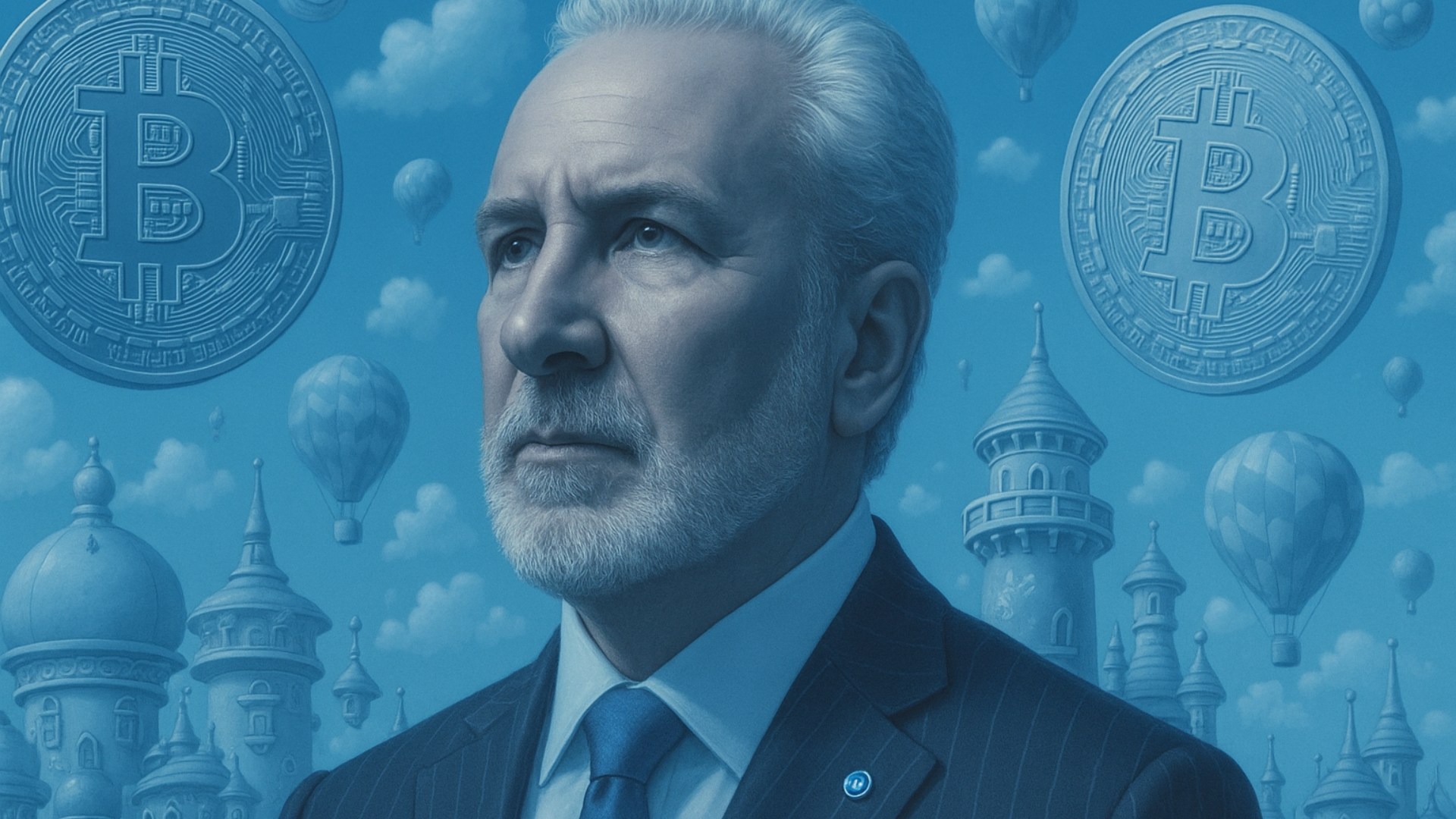
PayProtocol, the blockchain firm behind Paycoin (PCI), has announced plans to launch a Mastercard-powered crypto debit card on April 30, expanding its utility and aiming to accelerate global adoption of PCI. The launch comes as part of a strategic collaboration with Swiss neobank SR Saphirstein AG, with an initial rollout in the EU and European Free Trade Association regions.
A New Bridge Between Crypto and Traditional Finance
According to the company’s announcement on April 14, the upcoming Paycoin Mastercard will enable users to top up with cryptocurrencies including Paycoin (PCI), Ethereum (ETH), and USD Coin (USDC). Users can spend these funds seamlessly across Mastercard’s global merchant network, both online and in-store.
A notable feature of the card is its self-custody structure, allowing users to maintain full control of their assets while enjoying the convenience of fiat payment rails. The card also supports Apple Pay and Google Pay, enhancing accessibility for mobile transactions.
The card will launch with a monthly top-up limit of 1,000 Swiss Francs, with plans to expand limits, geographic coverage, and token support in future iterations.
PCI Finds New Utility in DeFi and Global Payments
The launch builds on PCI’s growing presence in the decentralized finance (DeFi) space, especially since it became available on Uniswap via the Arbitrum bridge. This move has improved liquidity and accessibility, positioning PCI as a potential real-time settlement asset within PayProtocol’s broader payment ecosystem—known for low fees and fast transaction speeds.
In South Korea, PCI has already gained traction, with over 10,000 retail locations including 7-Eleven, Domino’s Pizza, and KFC accepting it as payment. The introduction of the Mastercard signals PayProtocol’s first major push into global markets, with Europe as the launching pad.
Market Reacts Positively
Following the announcement, PCI’s price jumped 5.7%, and its daily trading volume surged 900%, reaching $7.8 million, according to Coingecko. Despite this momentum, PCI still trades over 98% below its all-time high, but the Mastercard integration could mark a critical inflection point in its adoption curve.
With a current market capitalization of $70 million, PCI ranks 512th among digital assets. However, if the Mastercard rollout gains traction, PCI may soon climb higher in the rankings as more users leverage the card’s crypto-to-fiat utility.
Final Thoughts
The upcoming launch of the Paycoin Mastercard represents a significant milestone in bridging the gap between crypto and everyday payments. As regulatory clarity improves in the EU and demand for flexible crypto spending solutions grows, PayProtocol’s move may serve as a model for other projects seeking mainstream usability. With self-custody, broad merchant access, and multi-chain support, this card could reshape how users interact with digital assets in real-world commerce.


























































































































































































































































































































































































































































































































































































































































































































































































































































































































































































































































































































































































































